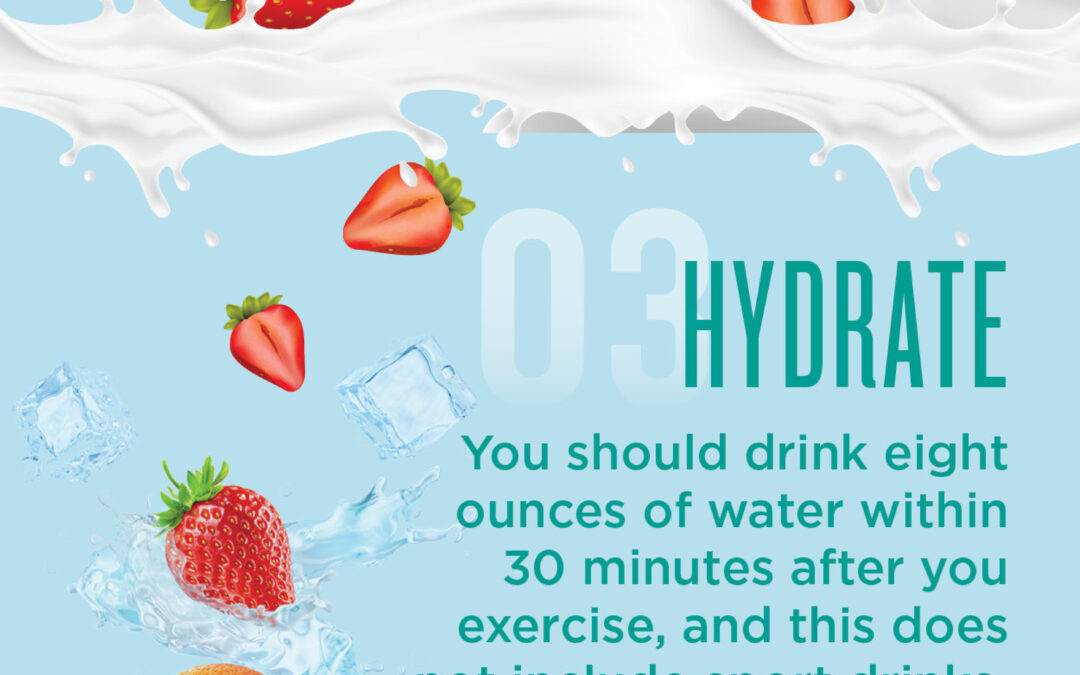It is well established that our muscles need time to recover from exertion before we exert ourselves further. If we don’t pay attention to this, there is a danger that we will strain them. We can apply the same logic to our mental and emotional ‘muscles’. If we keep stretching ourselves in our work efforts (and in our lives more broadly) without giving ourselves time to recover, we run the risk of doing ourselves harm. This could potentially be quite significant harm in the form of debilitating stress, burnout or even some sort of breakdown. Sadly, though, it Is not uncommon for people in the caring professions to not build in much-needed recovery time.
Exertion plus recovery followed by more exertion and more recovery can produce growth and development (of muscles in the direct physical sense or of learning in our more metaphorical sense). Exertion followed by more exertion without recovery time in between can produce muscle strain and/or psychological stress.
Time for recovery is therefore not an optional extra if we are to take our physical and mental health seriously.
We therefore need to make sure that recovery time is part of our self-care strategy. We put ourselves at significant risk if we press on without building in emotional, mental and spiritual recovery time. It is admirable that people are committed to doing the best job possible, making the most difference in the therapeutic work they do. However, if their work schedule does not allow for time to recover from the intense demands of the work, there is much that can go wrong.
There is much talk these days of the importance of resilience, of being able to bounce back from adversity. We often overlook the fact that an attitude of ‘I must be resilient, I must press on’ can be dangerous. It squeezes out time for recovery. We need to regain our balance and recuperate from time to time. This is crucial if we are to maintain a safe level of mental and physical well-being. Being resilient is not about being macho and oblivious to emotional and spiritual pain. It is about being wise enough to manage our pressures, our coping methods and our support systems. Clearly, recovery time needs to be an essential part of that.
Dr Neil Thompson is an independent writer, educator and adviser. Formerly a university professor, he now helps individuals and organisations to achieve the best results in terms of learning and development. His recent books include The Managing Stress Practice Manual and The Problem Solver’s Practice Manual. His website is at www.NeilThompson.info.


